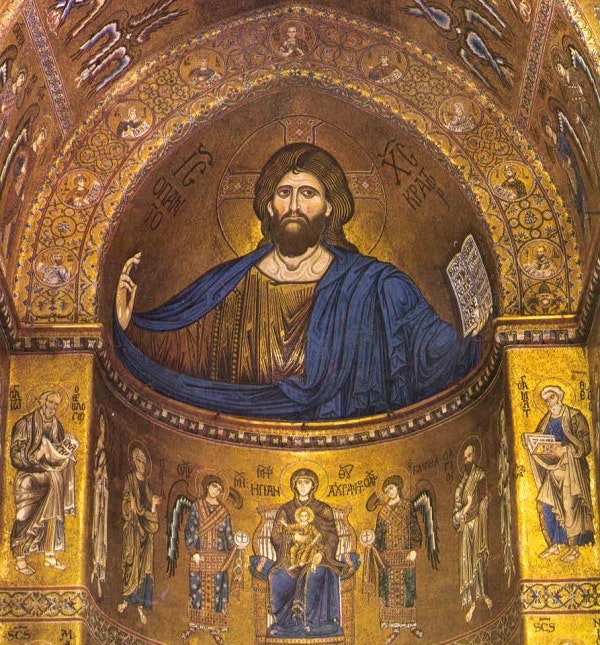The Word of God
Dei Verbum (Latin for the Word of God) is the name of one of the sixteen documents documents of the Second Vatican Council, and its full title is the Dogmatic Constitution on Divine Revelation. To believe in the Gospel is to accept the reality of divine revelation, meaning that we acknowledge the Gospel is not the product of human wisdom, experience, or investigation but the result of God’s own self-disclosure to the human race. And it is precisely that topic which is considered in Dei Verbum, a document which I believe will still stand in a thousand years as one of the most important instruments of Christian teaching ever offered by the Church.
Dei Verbum is a very short text which is accessible to anyone who takes time to read it. Standing behind the teaching of Dei Verbum are centuries of theological disputation and development, knowledge of which would deepen the reader’s understanding of this document’s richness. But even someone just beginning to think about these questions will profit greatly from a direct encounter with Dei Verbum, which is divided into six very brief sections or chapters.
Chapter one considers “Revelation Itself,” meaning the very possibility that the one, true God might disclose or unveil himself to the human race and how he chose to do so in history. It is in this context that Dei Verbum first refers to what Saint Paul calls the obedience of faith or the surrender of self which is given to God who reveals, an obedience by which each person offers the full submission of intellect and will to God and freely assents to the truth revealed by God in the Gospel.
Dei Verbum then considers in chapter two how divine revelation is handed on, while in chapter three the Council treats the general nature and authority of Sacred Scripture before discussing the Old and New Testaments in chapters four and five. Finally comes chapter six dedicated to “Sacred Scripture in the Life of the Church” which discusses the unique and indispensable place of the Bible in the life of all believers and in the work of fulfilling the Great Commission.
If we are to follow the Lord Jesus as faithful disciples, then we must constantly repent of our sins and believe ever more deeply in the Gospel. And that in turn requires us to understand what the Gospel is and where it came from. And so I encourage everyone to read Dei Verbum by clicking here.

